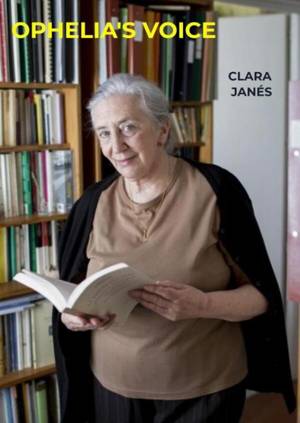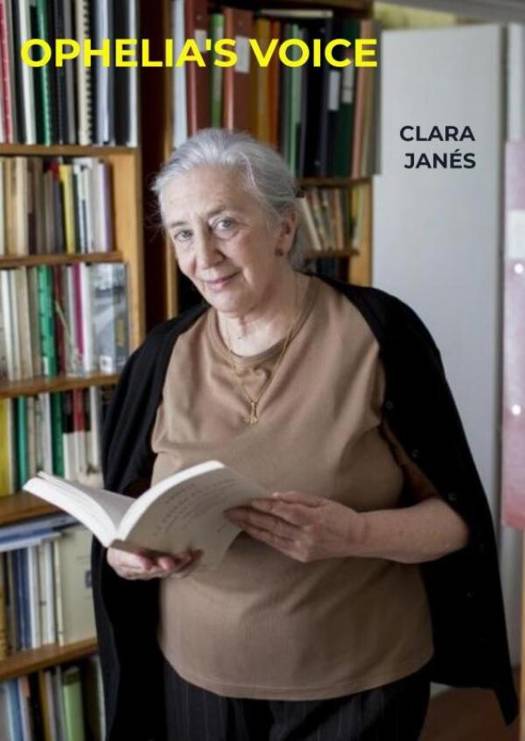
Je cadeautjes zeker op tijd in huis hebben voor de feestdagen? Kom langs in onze winkels en vind het perfecte geschenk!
- Afhalen na 1 uur in een winkel met voorraad
- Gratis thuislevering in België vanaf € 30
- Ruim aanbod met 7 miljoen producten
Je cadeautjes zeker op tijd in huis hebben voor de feestdagen? Kom langs in onze winkels en vind het perfecte geschenk!
- Afhalen na 1 uur in een winkel met voorraad
- Gratis thuislevering in België vanaf € 30
- Ruim aanbod met 7 miljoen producten
Zoeken
Omschrijving
'Was it an intuition that made me select -- I think at the beginning of my adolescence – a form of approach to life linked to English literature through Shakespeare? And can one talk in this case of literature? I think not, I think that even though it was made concrete in a regular reading of the Stratford genius in the middle of the night, it had to do with a study of the possibilities of the human soul and the different models offered us. I would identify with male and female characters, and Hamlet and Ophelia seemed close to me. In the case of Ophelia – I, a child cloistered within a garden, always loved, by the way, a rose with that name -- probably because of the rejection I felt and the resulting lunacy, evident in the flower scene. Since childhood, I had felt rejection, abandonment and separation as something tragic and fundamental to life, without realizing that this feeling was caused by the irrevocable reality of death: the definitive separation. Each rejection is a death. But each approximation brings with it the opposite possibility, as in the book, its hero, its reason for being, the Czech poet Vladimír Holan, remains identified with Orpheus.' Clara Janés
Specificaties
Betrokkenen
- Auteur(s):
- Uitgeverij:
Inhoud
- Aantal bladzijden:
- 126
- Taal:
- Engels
Eigenschappen
- Productcode (EAN):
- 9789403645667
- Verschijningsdatum:
- 11/11/2021
- Uitvoering:
- Paperback
- Afmetingen:
- 170 mm x 240 mm
- Gewicht:
- 253 g

Alleen bij Standaard Boekhandel
+ 39 punten op je klantenkaart van Standaard Boekhandel
Beoordelingen
We publiceren alleen reviews die voldoen aan de voorwaarden voor reviews. Bekijk onze voorwaarden voor reviews.









